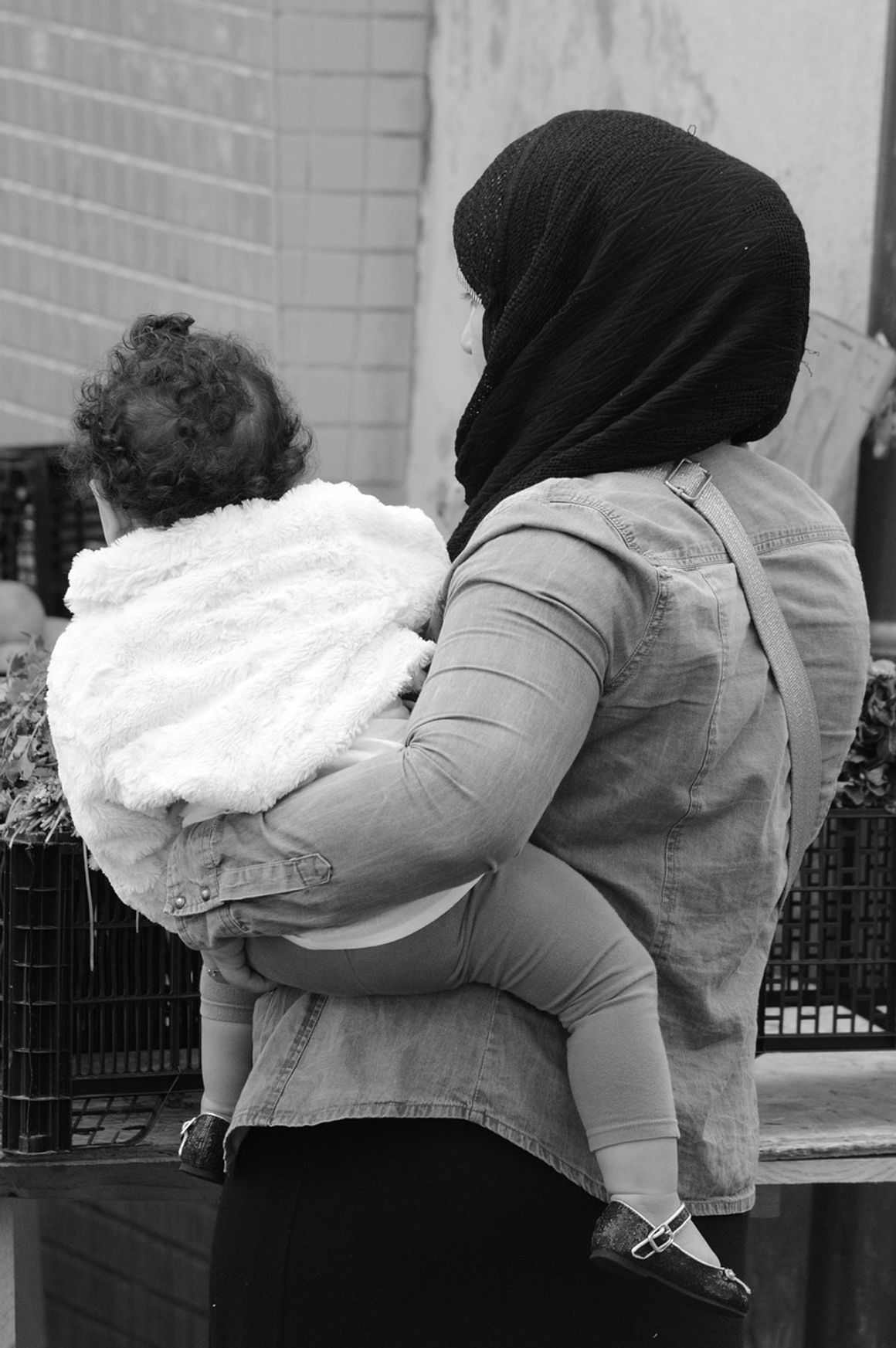As Muslims, we strive to live a life that is pleasing to Allah (SWT) and reflects our faith in every aspect. One essential component of this journey is Islamic etiquette (adab). Adab encompasses the everyday practices and behaviors that demonstrate respect for oneself, others, and the divine.
In today's fast-paced world, it can be easy to overlook or neglect certain aspects of adab, especially when we're busy with work, family, or other responsibilities. However, neglecting these essential habits can lead to feelings of guilt, regret, and even distance from our faith.
So, let's dive into the basics of Islamic etiquette 101 and explore some simple yet powerful practices that can help you live a more authentic Muslim life:
The Dos
- Greet with respect: When meeting someone, make sure to greet them with a smile and a sincere "As-salamu alaykum" (peace be upon you). This is not only a sign of respect but also a way to foster positive relationships.
- Use polite language: Be mindful of your words and tone when communicating with others. Avoid harsh or aggressive language, and instead choose phrases that are kind, gentle, and respectful.
- Be punctual: Show respect for others' time by being on schedule. This demonstrates consideration for their schedules and priorities.
- Practice good hygiene: Maintaining personal cleanliness is essential in Islam.
- Show gratitude: Express appreciation for the blessings and favors Allah (SWT) has bestowed upon you. Practice humility by recognizing that all good things come from Him.
The Don'ts
- Avoid backbiting: Refrain from speaking negatively about others behind their backs or to their faces. Instead, focus on building each other up with kind words and actions.
- Don't waste food: Be mindful of your eating habits and avoid wasting food. Remember that Allah (SWT) has blessed us with abundance, and we should be grateful for His provision.
- Respect others' space: Recognize the importance of personal boundaries and respect others' physical and emotional space.
- Don't gossip: Refrain from spreading rumors or sharing confidential information about others. Gossip can lead to hurt feelings, damaged reputations, and even harm relationships.
- Avoid impatience: Cultivate patience when dealing with challenges, setbacks, or frustrating situations. Remember that Allah (SWT) is testing your faith and character.
Practicing Islamic Etiquette in Daily Life
- Start small: Begin by incorporating one or two adab practices into your daily routine, such as greeting others with respect or being punctual.
- Make it a habit: Consistency is key when developing new habits. Set reminders, create routines, or enlist the help of friends and family to support you in your journey.
- Seek guidance: Consult Islamic resources, scholars, or role models for guidance on specific adab practices or situations that may arise.
- Be patient with yourself: Remember that developing good habits takes time and effort. Don't be too hard on yourself if you slip up – simply acknowledge the mistake and move forward.
In conclusion, Islamic etiquette 101 is all about cultivating a lifestyle that reflects our faith in every aspect of life. By embracing these simple yet powerful practices, we can strengthen our bond with Allah (SWT), foster positive relationships with others, and live a more authentic Muslim life.
Actionable Tip: Take the first step towards developing good adab habits by committing to one practice you'd like to implement this week.
May Allah (SWT) guide us on our journey to become better Muslims, and may we continue to grow in faith, wisdom, and character.


